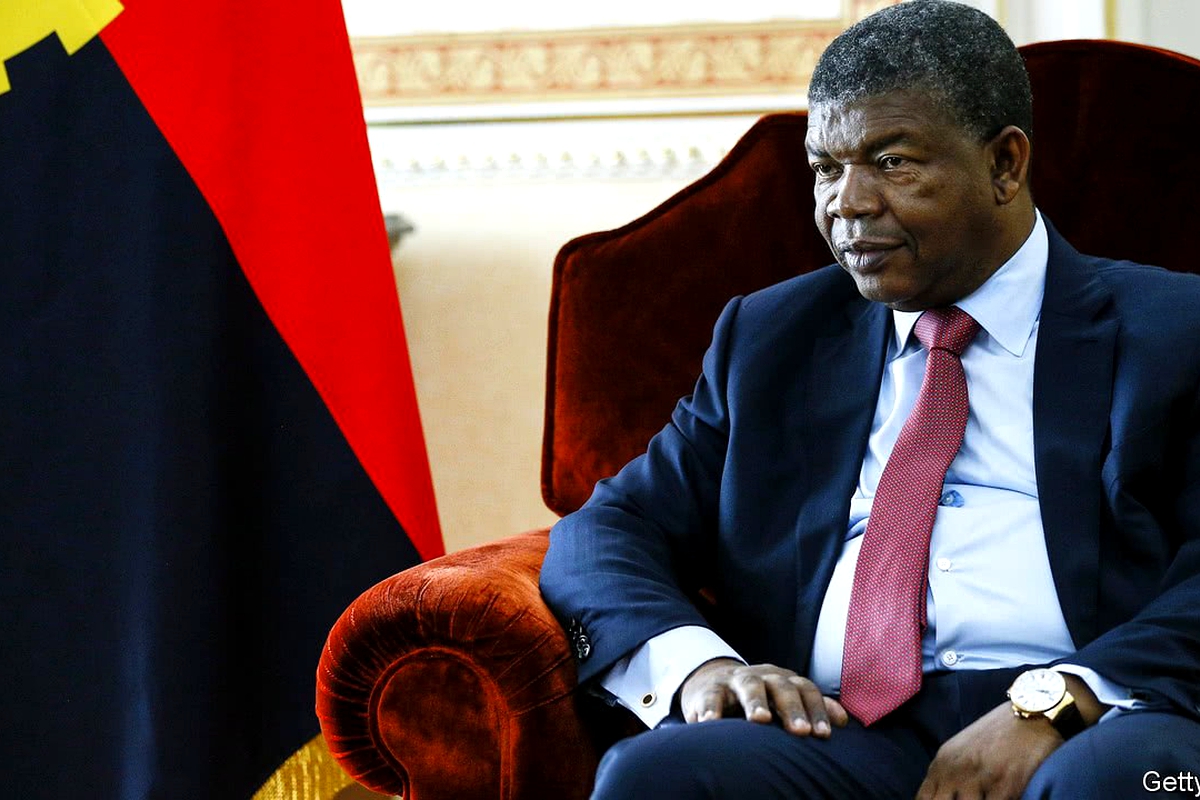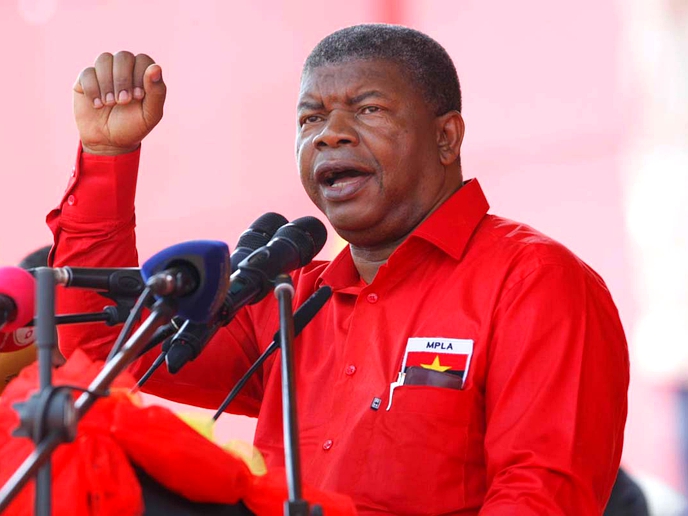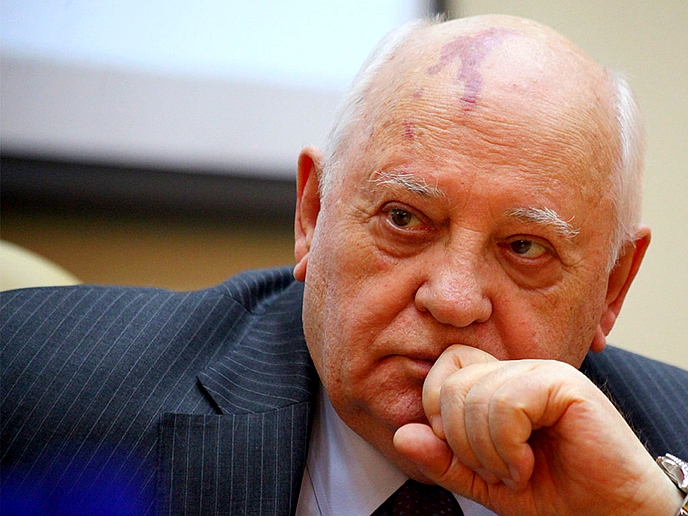Angola's long-dominant party has won another five years in power, but with a much-reduced majority, the electoral commission has announced.
africa
Aug. 31, 2022
BBC NEWS
2 min read
The MPLA defeats Unita in closest-ever election

President João Lourenço, the MPLA leader and president of Angola
Story highlights
The MPLA, under President João Lourenço, took 51.2% in last week's election. Its closest rival, Unita, had its best-ever result with 44%.
Unita previously said it was considering contesting the outcome.
The MPLA, in power for nearly five decades, has faced criticism over high levels of poverty and unemployment.
Its share of the vote was down from the 61% it gained in the previous election in 2017, while Unita's share is sharply up from 27%.
Unita's leader Adalberto Costa Júnior last week rejected the provisional results, saying they did not match the party's own tally.
The MPLA leadership were celebrating at a gathering at the party's headquarters in the capital, Luanda, ahead of a speech by the president, says the BBC's Israel Campos in the capital, Luanda.
Mr Lourenço described the result as a "vote of confidence" that gave the party the responsibility to "promote dialogue and consultation", the AFP news agency quotes him as saying.
The MPLA has been in power since independence from Portugal in 1975.
Enjoy our daily newsletter from today
Access exclusive newsletters, along with previews of new media releases.
It fought a protracted civil war with Unita until 2002, but the two decades of peace have not brought the gains that many had hoped for. Around half the population lives on less than $2 a day despite the country being rich in oil and minerals.
Mr Lourenço became president in 2017 after long-standing leader José Eduardo dos Santos stood down.
His anti-corruption campaign has opened a rift with the Dos Santos family and their supporters, some of whom have been sent to prison.
Dos Santos himself died last month in Spain at the age of 79. A funeral was held for him in Angola on Sunday despite a political row after his daughter, Tchizé dos Santos, opposed holding the ceremony in the country.
But a Spanish court ruled that the body should be repatriated to Dos Santos's widow in Angola.
Tailored for you




